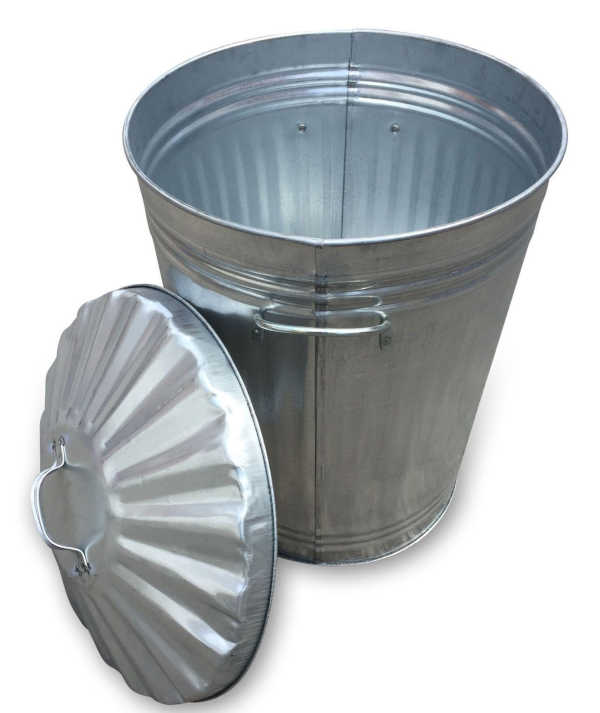FWP:
SETS == EK; HUMOR;
INEXPRESSIBILITY
MADNESS: {14,3}
SKY {15,7}
WINE-HOUSE: {33,6}
What an amusing, witty, vivid verse-- and so classically Ghalibian! One obvious parallel would be {10,1}, in which the whole heavenly Garden of Rizvan is reduced to a mere trifling bouquet lying forgotten in some dusty niche in the house of 'us self-less ones'. (For other dismissive-- or not-- uses of the roundness of the sky, see {138,1} and {217,4}, in which it's imagined as an egg; and compare also {147,3}.)
The 'wine-house of madness' is nonpareil because of its vus((at -- its scope, spaciousness, capacity, 'convenience, ease, opportunity, leisure' (see the definition above). It not only puts the 'bowl of the sky' to shame, but actually puts it to use-- as a dust-bin, a round container stuck discreetly in a corner and used for removing swept-up dirt and flinging away things no longer desired.
As Nazm points out, calling the sky not just 'a', but ek , a 'mere', dustbin can convey disdain-- making it an especially deft, offhand, and insouciant put-down. But it's impossible (and undesirable) to rule out the other senses of ek , for they too become variously piquant in their own right: see the definition above for the range of possibilities.
Literally, ;xaak-andaaz means 'dust-thrower'. In Persian, as can be seen from the Steingass definition above, it has one set of appropriate related meanings. But in Urdu, the commentators without exception take it to be a dust-bin, and I think it's clear that Ghalib does too, since otherwise the whole punch of the verse is lost. Here is one more example of the independent evolution of Urdu, with Persian words taking on new, autonomous meanings. A related usage in Urdu, to which ;xaak-andaaz might have been assimilated, is ;xaak-daan (see the definition above).
In the ghazal world, the mad, drunken lover is of course
also the mystic knower, mocking the limited, limiting externalness of the world we live in (and, in this case, of the physical universe itself). Who wouldn't
prefer a spacious, capacious, convenient wine-house, over a small, peculiar
dustbin lying off in one corner of it? This verse belongs to the set of 'snide remarks about the natural world'; for others, see {4,8x}.

Nazm:
[The bowl of the sky is compared to a dustbin] and the ground of similitude is that the dust-bin is enclosed. And the point is that it is only filled with dust. That is, the bowl of the sky too is in the respect limited to a dust-receptacle, full of dust like a dust-bin. The point is that even in the wine-house of madness of the bowl of the sky, there isn't even enough scope for it to be numbered among bowls of wine; rather, it is only a dust-bin. The word 'single' [ek] in Urdu [here conveys diminution and contempt]. (67-68)
== Nazm page 67; Nazm page 68